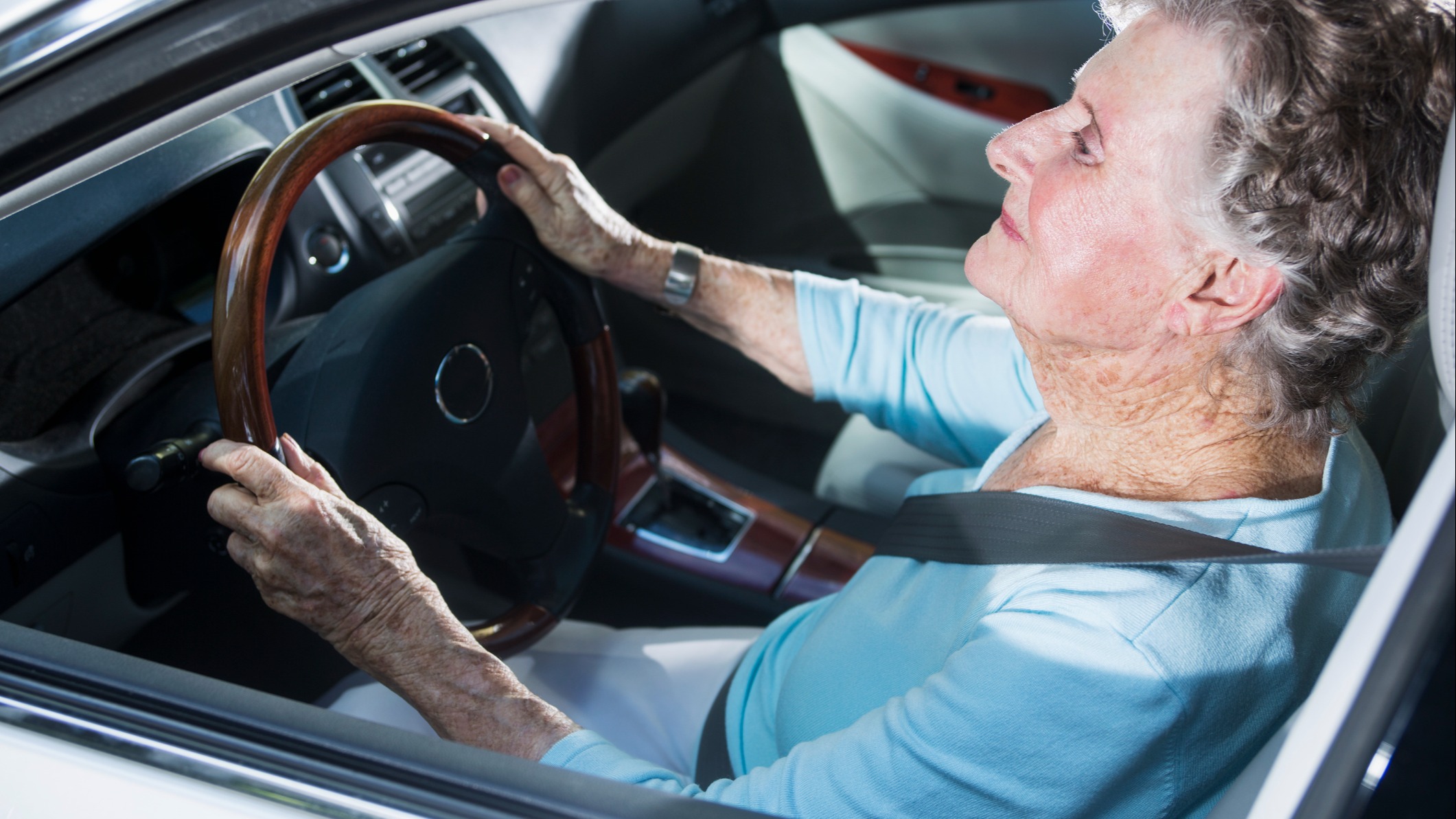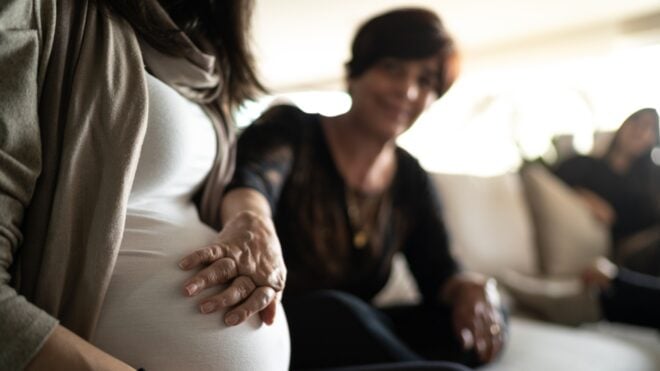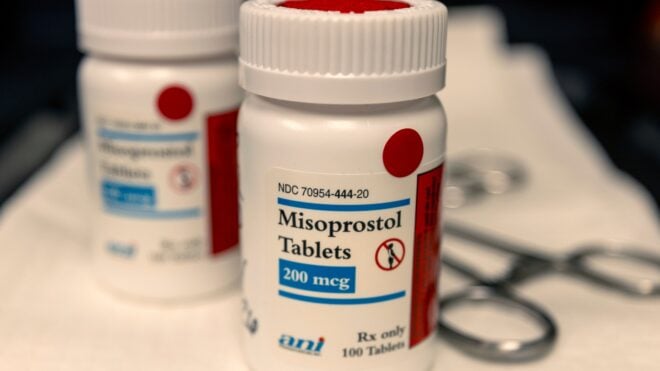
A video clip that once aired on The Daily Show is making the rounds once again for topical reasons.
The clip, which features residents complaining about newly established seat belt laws, originally aired back on television in the 1980s. As you likely know, seat belts are an established safety measure in vehicles to save lives.
According to the Centers for Disease Control and Prevention, seat belts reduce the risk of death by 45% and help cut the risk of getting a serious injury in a crash by 50%. For many of us, it's hard to imagine life without seat belts. But back then, people couldn't help but complain. Not wearing a seat belt was something people often got pulled over for.
Josh Jordan, known on Twitter as NumbersMuncher, was one of the first to see the relevance of the video today. "This clip from the Daily Show of people fighting against seat belt mandates in the 80s is absolutely surreal from start to finish given today's climate on both masks and COVID vaccines," he wrote. And he's not wrong.
Despite the evidence that seat belts do save lives, the video shows people who are angered that their freedom is being taken away. While it's a simple gesture to help people avoid dying in a crash, the video shows people claiming that they'll still try to get away with driving without one.
Of course, around that time, there were also people who tried to claim they knew someone who died due to a seat belt being worn. Despite freak accidents, it's important to remember that people need to pay attention to the odds. The CDC states that 2,549 lives (of people 5 years and older) could have been saved just in 2017 — when seat belts had long been mandated — if all of the occupants had been wearing restraints in a crash.
It's hard to miss the fact that the individuals in the videos are all white men. Their answers don't even touch on the concept of safety. Instead, it's about how they'll be mildly inconvenienced. That brief inconvenience could prevent their child from prematurely losing their father, but that's never mentioned.
It's similar to arguments about masks today. There are still plenty of people out there who refuse to mask up based on similar inconveniences. And just like in the seat belt video, there are plenty of excuses that get tossed around, from "it's uncomfortable" to "it impinges on my freedom."
At the beginning of the pandemic, some professionals didn't know if masks would be a good way to keep people protected in public. As the months went on, their findings were that wearing masks did help in reducing the spread of the virus. But that wasn't enough for many Americans.
Now those who don't trust the vaccine or mask-wearing procedures are paying the price. CDC reports state that those who are unvaccinated are 29 times more likely to be hospitalized. And many of those who are hospitalized don't end up making it home. Yet still, many believe they're smarter than the educated scientists trying actively to save lives.
Rewatching the video now is only frustrating, since it's a reminder that while the policy may be different, the attitude of people refusing to make a simple change is still very much alive. It can be exhausting for others to worry about whether or not someone they love is doing everything they can to survive. The refusal to wear a seat belt or wear a mask can affect everyone.
Watching the video doesn't only remind people of the arguments happening today. For those who remember the '80s well, it's also a nostalgic reminder as to how big of an issue seat belt laws were back then. We might have had grandparents arguing about them at the dinner table, or parents saying that they don't need them because they're careful drivers.
But these rules aren't put in place to punish individuals — they're there to make sure people don't die from something that could have been prevented. Nobody wants to see their family members sick and wonder if it could have been different if they only followed simple safety precautions.
Just like with seat belts, masks are something that will get easier to use the more practice you have. Perhaps in 30 years, a clip from today will recirculate, and the population will wonder how a country's population could have been so careless.




